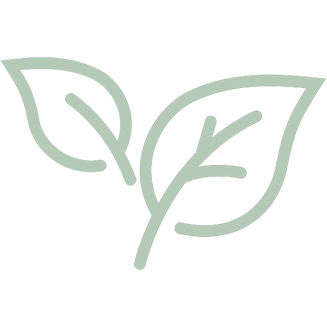A Slow Return
As the situation in Australia begins to regulate and we experience a decrease in restrictions children are gradually returning to Flinders. It is wonderful to reconnect after time away. The Houses and gardens are gradually filling with colour, light, and the sound of children playing. It is like music. As we reconnect, we observe the children as they rediscover their peers, educators and environments. Inquiries, questions and curiosities that had emerged prior to March are no longer quite the same; children have moved and the dynamic has shifted. And so, we watch carefully, wondering what will happen, waiting to see what path the children will lead us down next… Some possibilities we have seen so far; Millipedes, and the wonderful world of minibeasts Sticks as sculpture and art media Jellyfish – did you know jellyfish don’t have eyes, a nose, a mouth or a heart? We are all beginning to look forward, to the unknown future, and place our trust in those around us. As our community rebuilds, we look forward to discovering what our youngest citizens will see and explore. We look forward to seeing the world anew, alongside.
